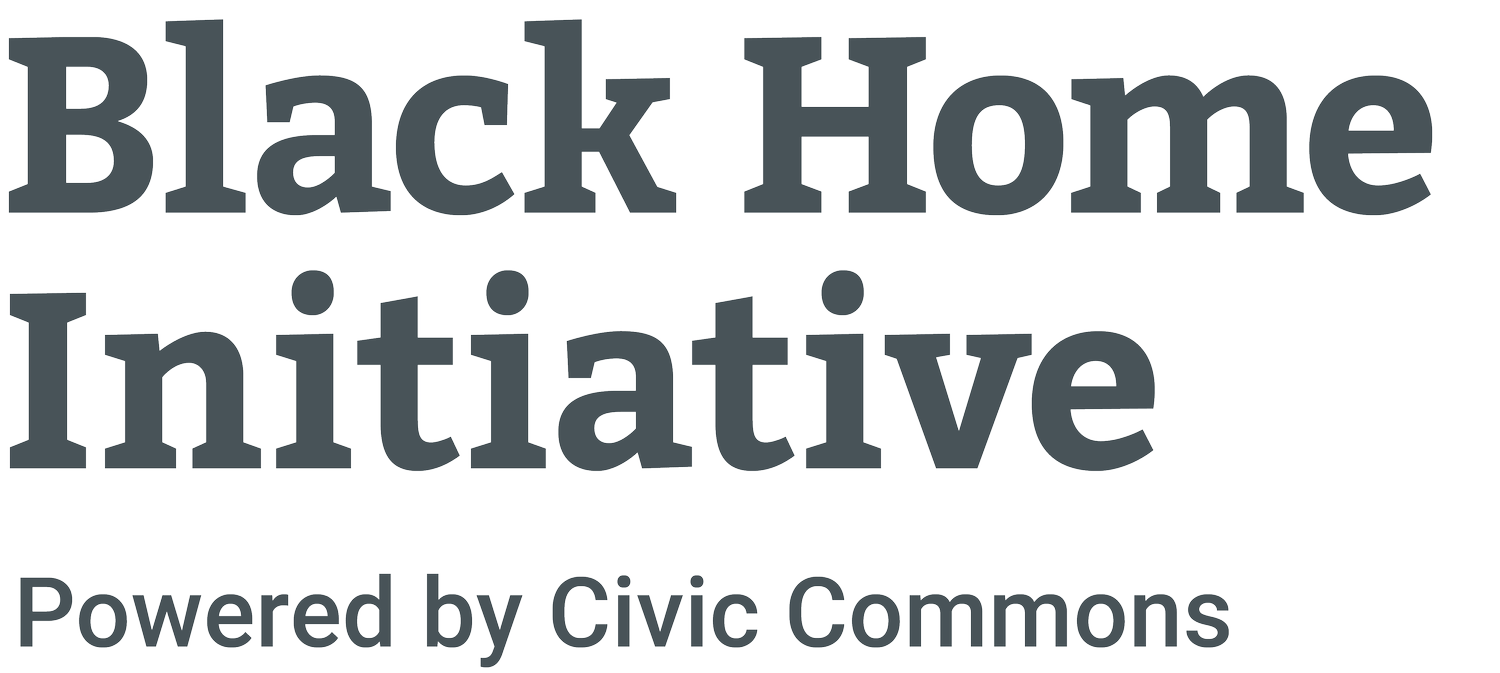Breaking The Cycle: How Homeownership Helps Reduce Generational Poverty
The conversation around homeownership varies depending on who you talk to. Some conversations revolve around buying a home because someone told you it was what you do. Others view it as a start for investment opportunities and a way to build personal wealth and assets. Talk to five different people, and you may well get five different answers. But what is clear from history and statistics is that homeownership changes a family's trajectory for generations.
At its most basic level, homeownership provides shelter and stable housing, but the broader benefits are what make homeownership such a powerful tool. Studies suggest that children who grow up in homes have higher math and reading scores, fewer behavioral problems, and a higher rate of high school graduation and some level of post-secondary education. Educational attainment, whether that is college or a trade, is the singular most crucial indicator of one’s ability to earn a livable wage. According to the Bureau of Labor Statistics, college graduates earn approximately $600 more per week than high school graduates, adding hundreds of thousands of dollars to an individual’s household income over the years, an amount not attainable for those without a secondary education.
For many families, homeownership is more than just a milestone—it is a turning point. The leap from renting to owning one’s home is often the difference between simply getting by and laying the foundation for lasting stability. At its core, homeownership provides a sense of permanence and security, a physical space that can be handed down, improved, and invested in generation after generation.
When a family secures a home, they’re not just acquiring four walls and a roof—they’re planting the seeds for generational change. With each mortgage payment, equity builds. Over the years, this equity becomes a valuable asset, one that can be leveraged to change a person’s circumstances. This ripple effect can mean the difference between a child dreaming without boundaries or feeling suffocated by circumstances they have no control over.
The benefits of homeownership also extend deep into the community. Families who own their homes are more likely to invest in their neighborhoods and are more civically engaged, fostering safer streets, more robust local economies, and stronger social bonds. These are the very ingredients needed to disrupt the cycle of generational poverty.
Furthermore, owning a home encourages long-term financial planning. It instills habits of saving and responsibility and offers a shield against the uncertainties of rising rents and
unstable housing markets. Over time, as property values appreciate, homeowners can see their wealth grow in ways unattainable to many renters.
Yet, it is vitally important to acknowledge that not everyone has equal access to homeownership. Historical and economic racist barriers have blocked countless families from taking this step. Addressing these obstacles—through fair lending practices, accessible education, and supportive policies—is crucial. Only then can the promise of homeownership truly become a ladder out of poverty for all. These are the systemic shifts BHI is committed to making. Our shared priority of getting 3000 foundational Black Washingtonians to homeownership is just the beginning. The network remains firm in its commitment to combating these insidious systems to ensure we reach and exceed our goal.
In the end, breaking the cycle of generational poverty isn’t achieved through a single act, but through layers of opportunity, stability, and hope. For many, the journey begins on a front porch, with the turn of a key, and the knowledge that this home is not just theirs, but a legacy for all those who follow.

